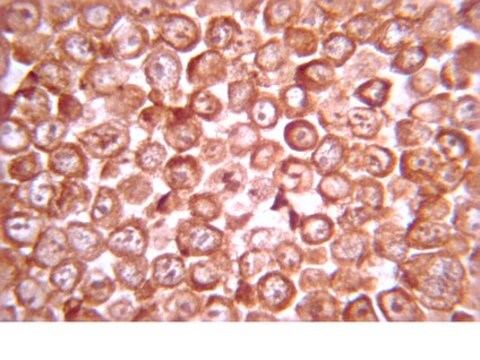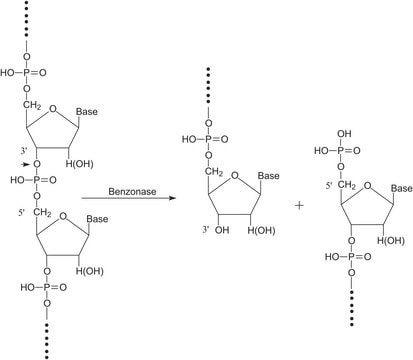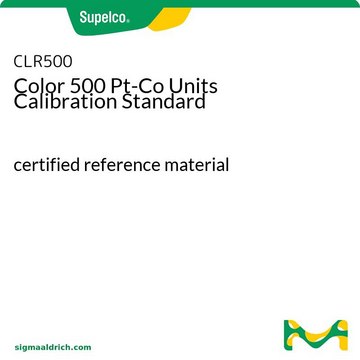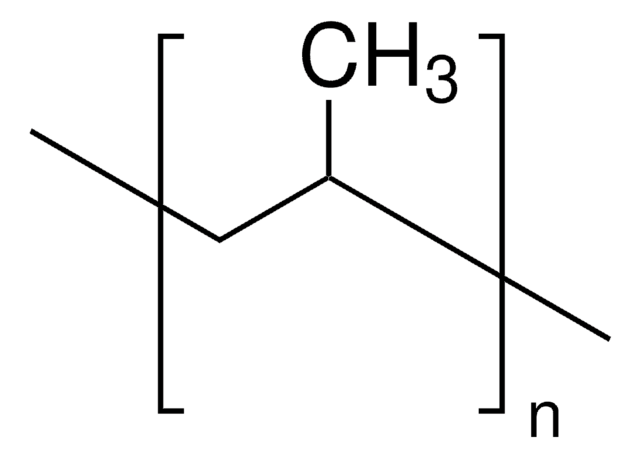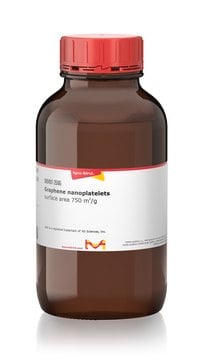04-739
Anti-Raf-1 Antibody, clone AM223, rabbit monoclonal
culture supernatant, clone AM223, from rabbit
別名:
Oncogene RAF1, raf proto-oncogene serine/threonine protein kinase, v-raf-1 murine leukemia viral oncogene homolog 1
ログイン組織・契約価格を表示する
すべての画像(1)
About This Item
UNSPSCコード:
12352203
eCl@ss:
32160702
NACRES:
NA.41
おすすめの製品
由来生物
rabbit
品質水準
抗体製品の状態
culture supernatant
クローン
AM223, monoclonal
化学種の反応性
human, mouse, rat
テクニック
immunoprecipitation (IP): suitable
western blot: suitable
アイソタイプ
IgG
NCBIアクセッション番号
UniProtアクセッション番号
輸送温度
dry ice
ターゲットの翻訳後修飾
unmodified
遺伝子情報
human ... RAF1(5894)
詳細
The Raf proteins (Raf-1, A-Raf, B-Raf) are Ser/Thr kinases with homology to the PKC family, containing an N-terminal regulatory domain and a c-terminal catalytic domain. Members of the Raf family bind to activated Ras GTPase, which results in Raf translocation to the plasma membrane and activation. Activated Raf proteins phosphorylate MEKs, and are therefore the principle transducers of signals from Ras to MAP kinase. In addition to its role in mitogenesis, Raf-1 may play a role in regulation of apoptosis and cell cycle progression. Activation of Raf-1 involves phosphorylation of Ser338/339 and Tyr340/341. Activating mutations of B-Raf that disrupt its auto-inhibition loop have been implicated in a number of cancers, including melanoma and colon cancer.
特異性
Predicted to cross-react with rat based on sequence homology.
Recognizes Raf-1, Mr 74 kDa.
免疫原
Epitope: C-terminus
KLH-conjugated, synthetic peptide corresponding to the C-terminus (amino acids 637-648 (CTLTTSPRLPVF)) of human Raf-1.
アプリケーション
Research Category
細胞シグナル伝達
細胞シグナル伝達
Research Sub Category
MAPキナーゼ
MAPキナーゼ
Anti-Raf-1 Antibody, clone AM223 is an antibody against Raf-1 for use in IP & WB.
Western Blotting Analysis:
A 1:500-1:2,000 diltuoin of this lot detected Raf-1 in 3T3/A31 cell lysates.
Immunoprecipitation: 2-4 μg of a previous lot immunoprecipitated Raf-1 from 400 μg of 3T3/A31 RIPA lysate.
A 1:500-1:2,000 diltuoin of this lot detected Raf-1 in 3T3/A31 cell lysates.
Immunoprecipitation: 2-4 μg of a previous lot immunoprecipitated Raf-1 from 400 μg of 3T3/A31 RIPA lysate.
品質
Routinely evaluated by Western Blot on 3T3/A31 lysates.
ターゲットの説明
74 kDa
関連事項
Replaces: 04-412
物理的形状
Cultured supernatant with 0.05% sodium azide.
保管および安定性
Stable for 1 year at -20ºC from date of receipt.
Handling Recommendations: Upon receipt, and prior to removing the cap, centrifuge the vial and gently mix the solution. Aliquot into microcentrifuge tubes and store at -20°C. Avoid repeated freeze/thaw cycles, which may damage IgG and affect product performance.
Handling Recommendations: Upon receipt, and prior to removing the cap, centrifuge the vial and gently mix the solution. Aliquot into microcentrifuge tubes and store at -20°C. Avoid repeated freeze/thaw cycles, which may damage IgG and affect product performance.
アナリシスノート
Control
Positive Antigen Control: Catalog #12-305, 3T3/A31 lysate. Add 2.5 μL of 2-mercapto-ethanol/100 μL of lysate and boil for 5 minutes to reduce the preparation. Load 20 μg of reduced lysate per lane for minigels.
Positive Antigen Control: Catalog #12-305, 3T3/A31 lysate. Add 2.5 μL of 2-mercapto-ethanol/100 μL of lysate and boil for 5 minutes to reduce the preparation. Load 20 μg of reduced lysate per lane for minigels.
免責事項
Unless otherwise stated in our catalog or other company documentation accompanying the product(s), our products are intended for research use only and are not to be used for any other purpose, which includes but is not limited to, unauthorized commercial uses, in vitro diagnostic uses, ex vivo or in vivo therapeutic uses or any type of consumption or application to humans or animals.
保管分類コード
12 - Non Combustible Liquids
WGK
WGK 1
引火点(°F)
Not applicable
引火点(℃)
Not applicable
適用法令
試験研究用途を考慮した関連法令を主に挙げております。化学物質以外については、一部の情報のみ提供しています。 製品を安全かつ合法的に使用することは、使用者の義務です。最新情報により修正される場合があります。WEBの反映には時間を要することがあるため、適宜SDSをご参照ください。
Jan Code
04-739:
試験成績書(COA)
製品のロット番号・バッチ番号を入力して、試験成績書(COA) を検索できます。ロット番号・バッチ番号は、製品ラベルに「Lot」または「Batch」に続いて記載されています。
Andreas R Baudy et al.
EJNMMI research, 2(1), 22-22 (2012-06-02)
The BRAF inhibitor, vemurafenib, has recently been approved for the treatment of metastatic melanoma in patients harboring BRAFV600 mutations. Currently, dual BRAF and MEK inhibition are ongoing in clinical trials with the goal of overcoming the acquired resistance that has
Ying-Yan Fang et al.
Journal of neurochemistry, 146(6), 703-721 (2018-06-26)
Menopause, a risk factor for brain dysfunction in women, is characterized by neuropsychological symptoms including depression and dementia, which are closely related to alterations in different brain regions after menopause. However, little is known about the variability in pathophysiologic changes
ライフサイエンス、有機合成、材料科学、クロマトグラフィー、分析など、あらゆる分野の研究に経験のあるメンバーがおります。.
製品に関するお問い合わせはこちら(テクニカルサービス)
